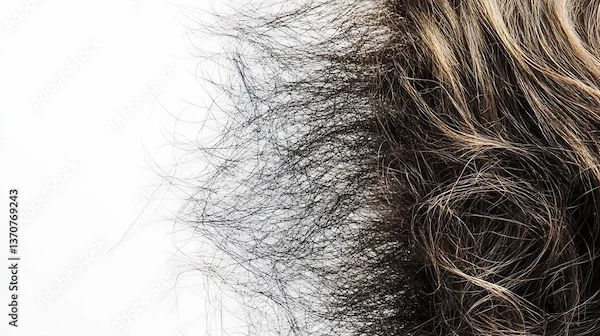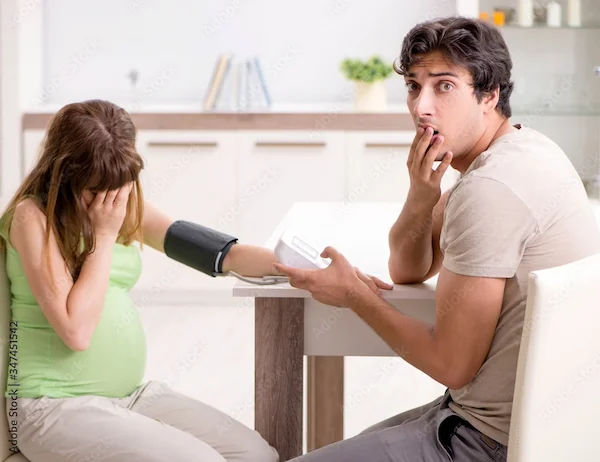- female
- 30 Years
- 01/04/2021
Why do I get itchy when I lay in bed?
More Dermatology Health Queries
View allHey, so I noticed this red spot on my foreskin a couple of weeks ago. It wasn't itchy at first, but now it seems like it's spread around my penis and it's started itching. I'm really worried it might be an STD or something. Any idea what this could be?
Telsartan 50 to Amlip 5:_ The change from Telsartan (an angiotensin receptor blocker) to Amlip (Amlodipine, a calcium channel blocker) might be due to: 1. Different mechanism of action 2. Potential side effects or intolerance 3. Dosage adjustments _Possible Reasons for Uncontrolled BP:_ 1. Inadequate dosage or frequency 2. Resistance to medication 3. Lifestyle changes (diet, exercise, stress) 4. Underlying medical conditions (kidney disease, sleep apnea) 5. Secondary hypertension (e.g., adrenal gland issues) _Recommendations:_ 1. Schedule a follow-up appointment with her doctor. 2. Monitor BP regularly (home monitoring or clinic visits). 3. Encourage lifestyle modifications: - Balanced diet (low sodium, high potassium) - Regular exercise (walking, yoga) - Stress reduction (meditation, deep breathing) - Adequate sleep (7-8 hours) - Smoking cessation (if applicable) 4. Consider additional testing: - Electrocardiogram (ECG) - Echocardiogram - Kidney function tests - Hormone level checks (e.g., aldosterone) _Potential Adjustments:_ 1. Dosage increase or decrease 2. Combination therapy (adding another medication) 3. Alternative medications (e.g., beta blockers, diuretics) 4. Lifestyle coaching or counseling
Answered by 1 Apollo Doctors
Can aloe vera remove pimples?
Aloevera has antibacterial properties. But natural isn't always safe when it comes to skin care. Kindly do a patch test before trying.
Answered by 1 Apollo Doctors
I'm considering using Candid B lotion on my scalp as my doctor suggested it for dandruff, but I'm a bit worried. Can it actually lead to hair fall?
Candid B lotion, containing clotrimazole and betamethasone, can be used on the scalp for dandruff, but prolonged use or excessive application may lead to hair loss, itching, or other scalp issues, so use it as directed by your doctor and monitor your scalp's response.
Answered by 1 Apollo Doctors
Disclaimer: Answers on Apollo 247 are not intended to replace your doctor advice. Always seek help of a professional doctor in case of an medical emergency or ailment.





